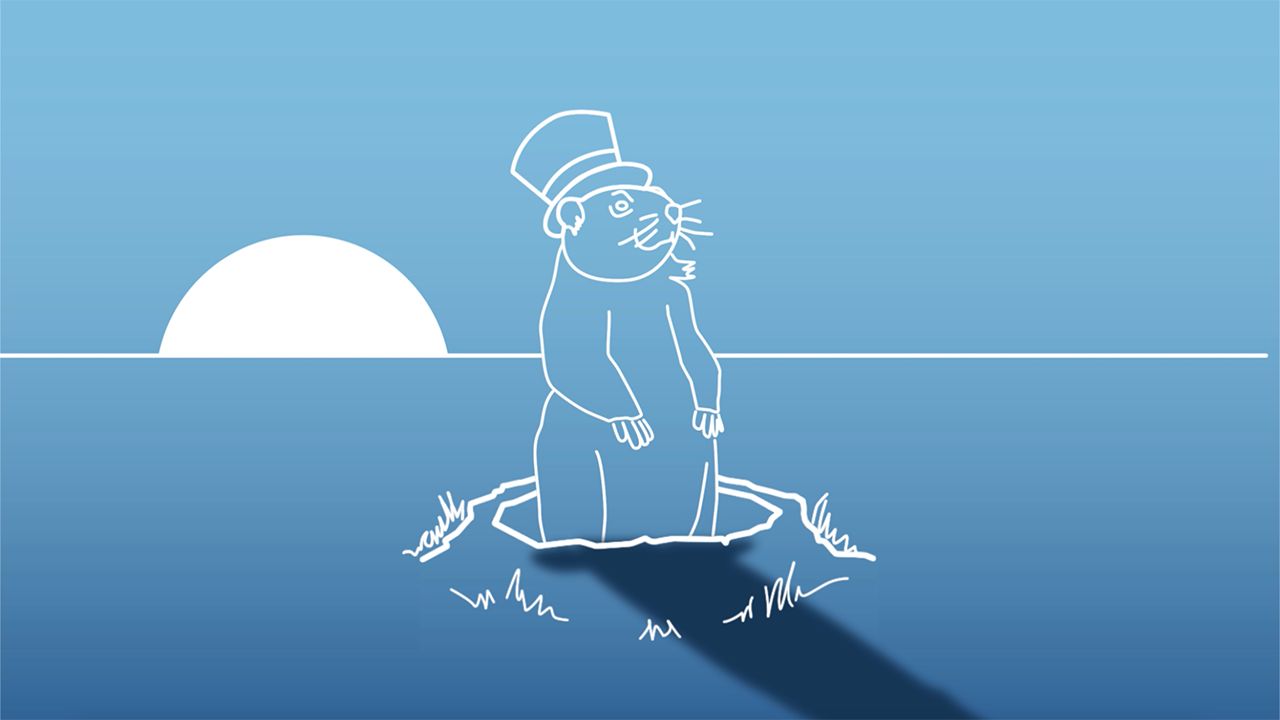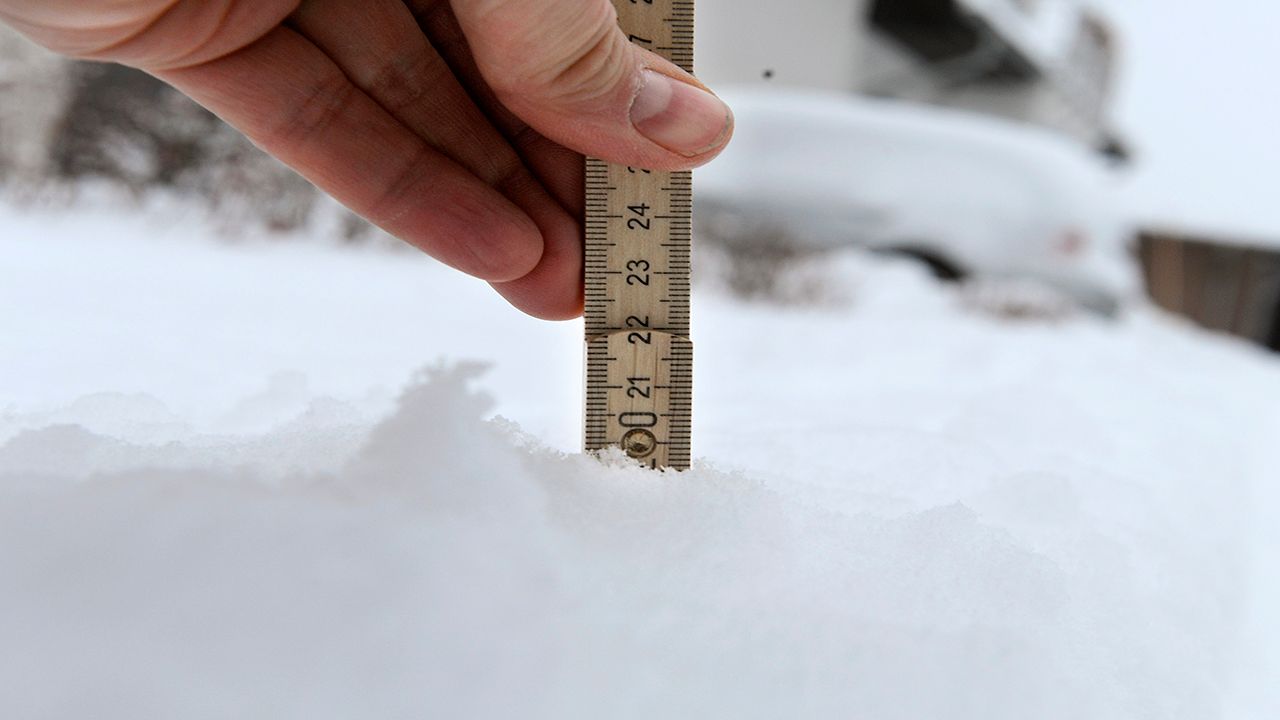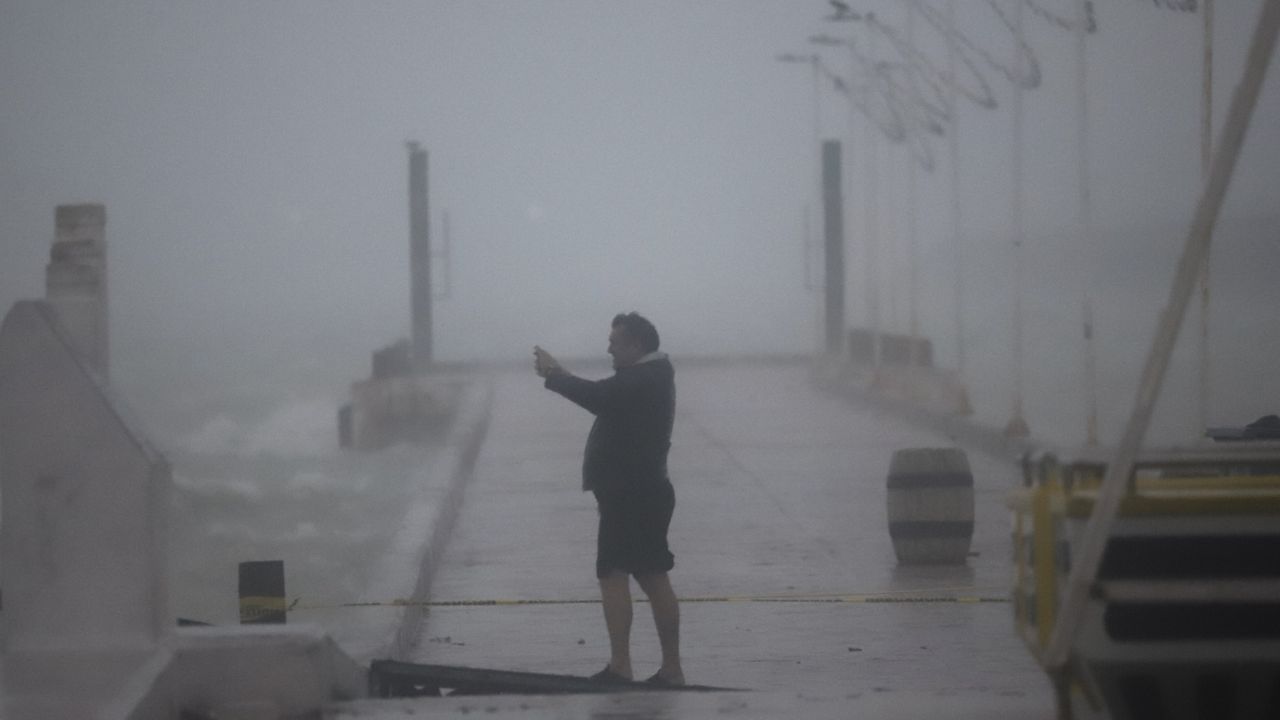As high school students look at what colleges and universities they might want to attend after graduation, it's important to research different programs.
It was my first semester of my junior year in high school when I started researching what colleges I might want to attend post-graduation.
I was fortunate that I knew what career I wanted to pursue (TV meteorology), but I didn't know what I had to study to become a meteorologist.
According to the American Meteorological Society (AMS), although a meteorology profession can vary regarding job responsibilities, a meteorologist is "an individual with specialized education who uses scientific principles to observe, understand, explain, or forecast phenomena in Earth’s atmosphere and/or how the atmosphere affects Earth and life on the planet."
Okay, so what should you study? In short, look for an undergraduate degree program in atmospheric sciences. However, this may be referred to as a degree in meteorology or a sector of environmental sciences depending on the school.
When I found this out, this eliminated a few colleges I was considering. In the end, I attended The Ohio State University because it had one of the top Atmospheric Sciences programs in the country.
Now, if you want to attend college in Wisconsin, here is a list of schools that provide the atmospheric science program:
I want to mention that if you want to be a TV meteorologist, I'd also recommend taking communication/journalism classes so that you're prepared for what tasks you'll perform daily once you get your first job.
For me, I also studied Agricultural Communication because, not only did it teach me how weather affects agriculture, but it allowed me to take various journalism classes.
It also required me to find two internships in my field. My weather internships at ABC-7 Chicago and NBC-4 Columbus helped prepare me for a career in TV meteorology.
If you're interested in becoming a TV meteorologist and have questions, feel free to email me (Brooke.Brighton@charter.com) and I'd be happy to give you insight on meteorology programs, careers and job responsibilities.
Our team of meteorologists dives deep into the science of weather and breaks down timely weather data and information. To view more weather and climate stories, check out our weather blogs section.




